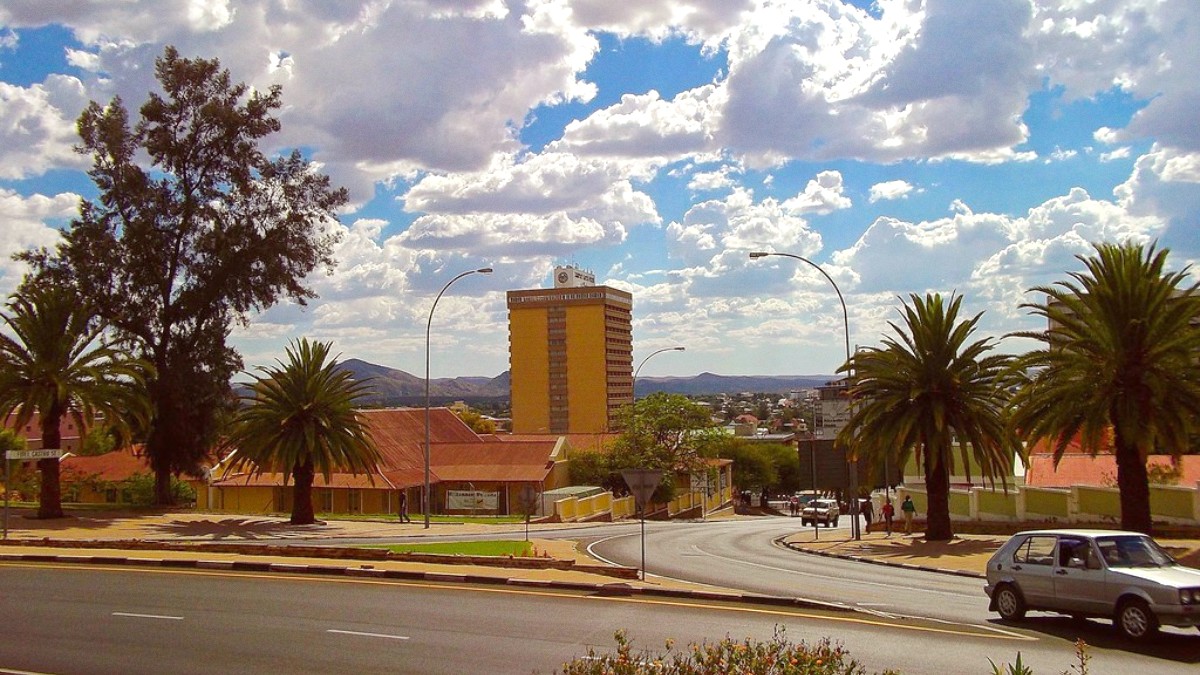
Namibia
Highly regarded for in-depth coverage, practical information, detailed insights.
Detailed physical maps prove useful, especially for self-driving.
Choose a map showing both tarred and gravel roads clearly.
GPS can be unreliable in remote areas, a physical map serves as backup.
A good map helps traverse Namibia's diverse regions.
By Henno Martin, a true story about desert survival during WWII.
By Christine Huish, demonstrating Namibia's natural beauty through photography.
The Namibian (English), Republikein (Afrikaans), Allgemeine Zeitung (German).
These publications offer local news, current events, and insights into society.
Reading these before travel lends context and appreciation for the country.
Watch films about Namibia's wildlife, landscapes, history, or cultures. This provides visual context and inspires your journey.
Listen to Namibian music. Explore local artists. This immerses you in the sounds and artistic expressions of the country.
Join online travel communities or forums focused on Namibia or Southern Africa. Ask questions and read travel experiences.
Watch documentaries about Namibia's wildlife, landscapes, history, or cultures for visual context.
Listen to Namibian music and explore local artists to immerse in the country's sounds and expressions.
Join online travel communities or forums focused on Namibia for current advice and shared experiences.
Store emergency numbers on your phone before you travel. Have a physical copy with your travel documents.
Check passport: 6+ months validity beyond departure, 2 blank pages.
Research visa needs for your nationality. Apply early if needed.
Book international flights to Hosea Kutako International Airport (WDH).
Book accommodation, rental car, plan rough itinerary. Secure tour bookings.
Make digital and physical copies of essential documents.
Confirm all bookings, pack, notify bank, download offline maps, arrange transfers.
Read reputable guidebooks (e.g., Bradt Guide to Namibia). Review official tourism websites and current travel advisories from your government.
Read blogs or forums for recent traveler experiences. This helps gain current perspectives and tips.
Inform family/friends of your itinerary and emergency contacts. Arrange for pet care or house-sitting if needed. Hold your mail.
Reconfirm airport transfer time the day before departure.
Gather all VAT refund documents, if applicable.